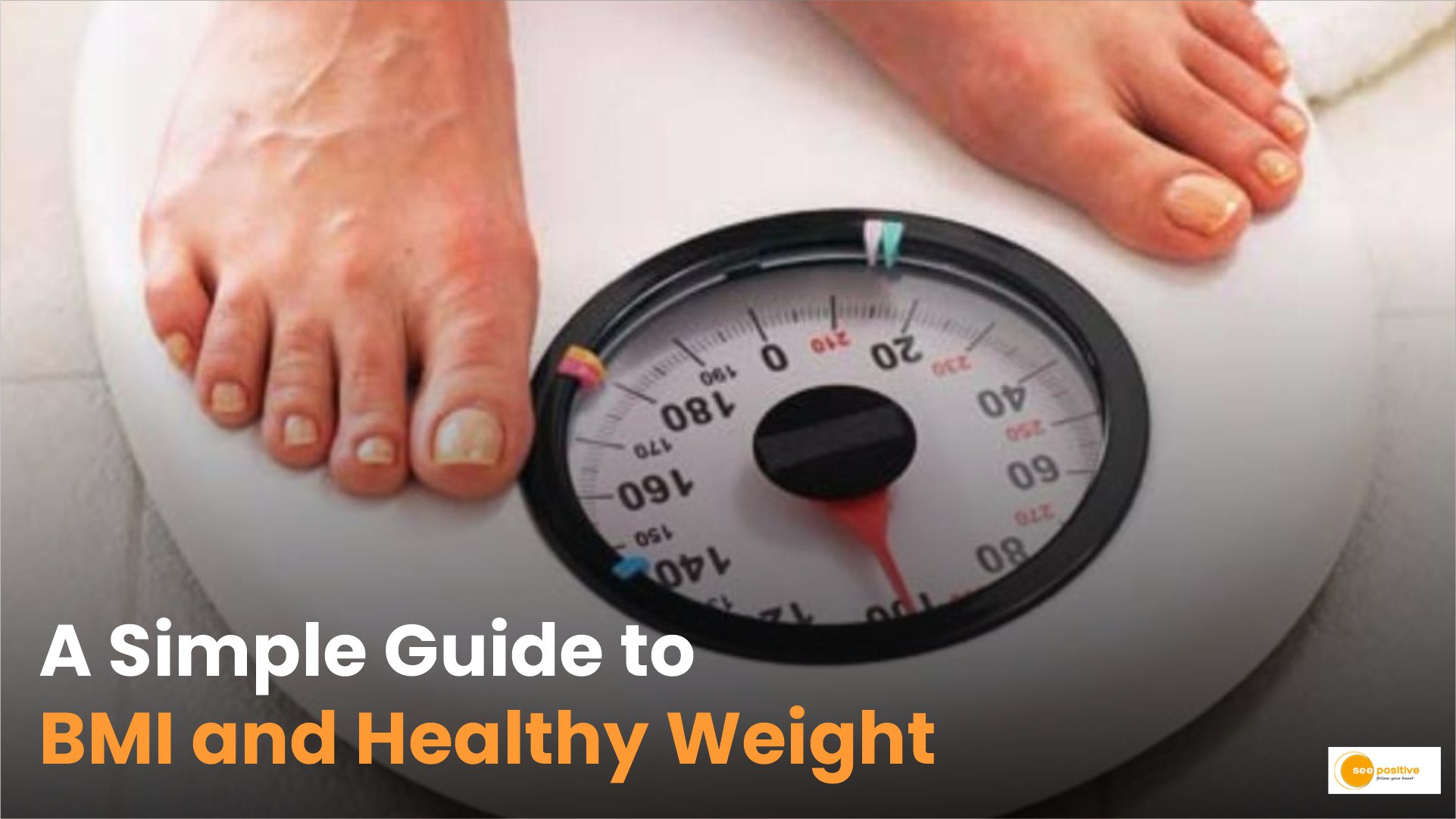Body Mass Index: BMI stands for Body Mass Index. It is a number that is calculated using your height and weight. BMI helps to know if someone is underweight, normal weight, overweight, or obese. It’s an easy way to estimate body fat without using advanced tests.
Why BMI Matters
BMI is important because it gives a quick idea of whether a person’s weight is healthy. A high BMI can mean a higher risk for health problems, like-
– Heart disease
– Diabetes
– High blood pressure
– Certain cancers
A low BMI can also be risky, as it may show that a person is underweight, which can lead to weak bones and other health issues.
BMI in Kids
BMI is used for kids, too. But it works a bit differently. For children, BMI is compared to other kids of the same age and gender. This is because kids are still growing, and their bodies change over time. Doctors use BMI in kids to check if they are growing normally and maintaining a healthy weight.
BMI in Older Adults
For older adults, BMI may not tell the full story. As people age, they lose muscle and gain fat. This can affect BMI, even if the person is healthy. Doctors might look at other health markers in addition to BMI for older adults, such as muscle strength or waist size.
How Doctors Use BMI
Doctors use BMI as one of many tools to check someone’s health. They don’t rely on it alone. A person’s BMI can be high, but they might still be healthy if they exercise and eat well. Likewise, someone with a normal BMI might still have health problems.
Doctors may also check blood pressure, cholesterol levels, and family history to get a complete picture of health.
How to Calculate BMI?
BMI (Body Mass Index) is calculated using the following formula:
Steps to calculate BMI:
1. Measure your weight: Convert your weight to kilograms (if it’s not already).
2. Measure your height: Convert your height to meters (if it’s not already).
3. Use the formula: Divide your weight by the square of your height.
BMI Categories
– Underweight: BMI less than 18.5
– Normal weight: BMI between 18.5 and 24.9
– Overweight: BMI between 25 and 29.9
– Obesity: BMI 30 or higher
Positive Takeaway
BMI is a simple way to check if your weight is in a healthy range. While it’s not perfect, it can help spot potential health problems early. It’s important to remember that BMI is just one part of overall health, and regular check-ups with a doctor are key. If you have concerns about your BMI, talk to a healthcare professional for personalized advice.


